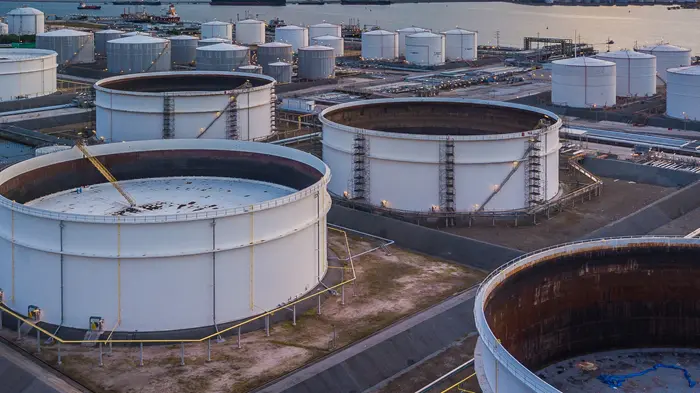China Petroleum and Chemical Corp., commonly known as Sinopec, experienced a modest rise in profit during the first half of the year, despite significant challenges from a weakening Chinese economy. The company’s upstream operations saw improvement, which helped counterbalance the negative impact on its core businesses of processing and selling fuels.
Earnings Overview
In the first six months, Sinopec’s net income increased by 1.7% year-on-year, reaching 35.7 billion yuan ($5 billion). However, the company’s revenue slightly declined by 1.1%, amounting to 1.58 trillion yuan. These figures, released on Sunday, reflect the mixed results the company is facing as China’s largest crude oil refiner.
Divergence in Operating Profits
While the net income shows a modest increase, a closer look at the operating profits reveals the broader challenges. Sinopec’s exploration and production segment saw a 15% increase, driven by stronger international crude prices and higher output. However, the company’s core operations did not fare as well. Oil processing profits plummeted by 38%, and the marketing and distribution segment saw a 14% decline, with diesel sales particularly weak due to the sluggish construction sector. Additionally, Sinopec’s chemicals division remained unprofitable, although the losses did narrow during the period.
Industry-Wide Struggles in Crude Refining
The challenges Sinopec faces are not isolated. Crude refining is among China’s most troubled industries, with cumulative losses reaching 16 billion yuan ($2.2 billion) in the first half of the year, according to the national statistics bureau. Rising crude prices and higher transportation costs, exacerbated by conflicts in the Red Sea, have further strained the sector.
Impact of Energy Transition and Economic Slowdown
Much of the decline in demand for refined products is attributed to long-term factors related to the global energy transition. The growing popularity of electric vehicles and gas-powered trucks has reduced gasoline consumption, which constitutes about a quarter of China’s domestic oil market. Diesel demand has also weakened, a consequence of China’s ongoing property crisis. At the same time, capacity expansions in the petrochemical sector, coupled with the broader economic slowdown, have led to an oversupply in the market.
Comparative Outlook with State Rivals
Sinopec’s extensive refining operations make the company more vulnerable to fluctuations in China’s industrial and retail consumption compared to its state-owned peers, which are more focused on upstream activities. PetroChina, another state-owned giant, is set to release its earnings later today after a strong first quarter, while Cnooc Ltd. will report on Wednesday.
[inline_related_posts title=”You Might Be Interested In” title_align=”left” style=”list” number=”3″ align=”none” ids=”3248,3208,3135″ by=”categories” orderby=”rand” order=”DESC” hide_thumb=”no” thumb_right=”no” views=”no” date=”yes” grid_columns=”2″ post_type=”” tax=””]




























